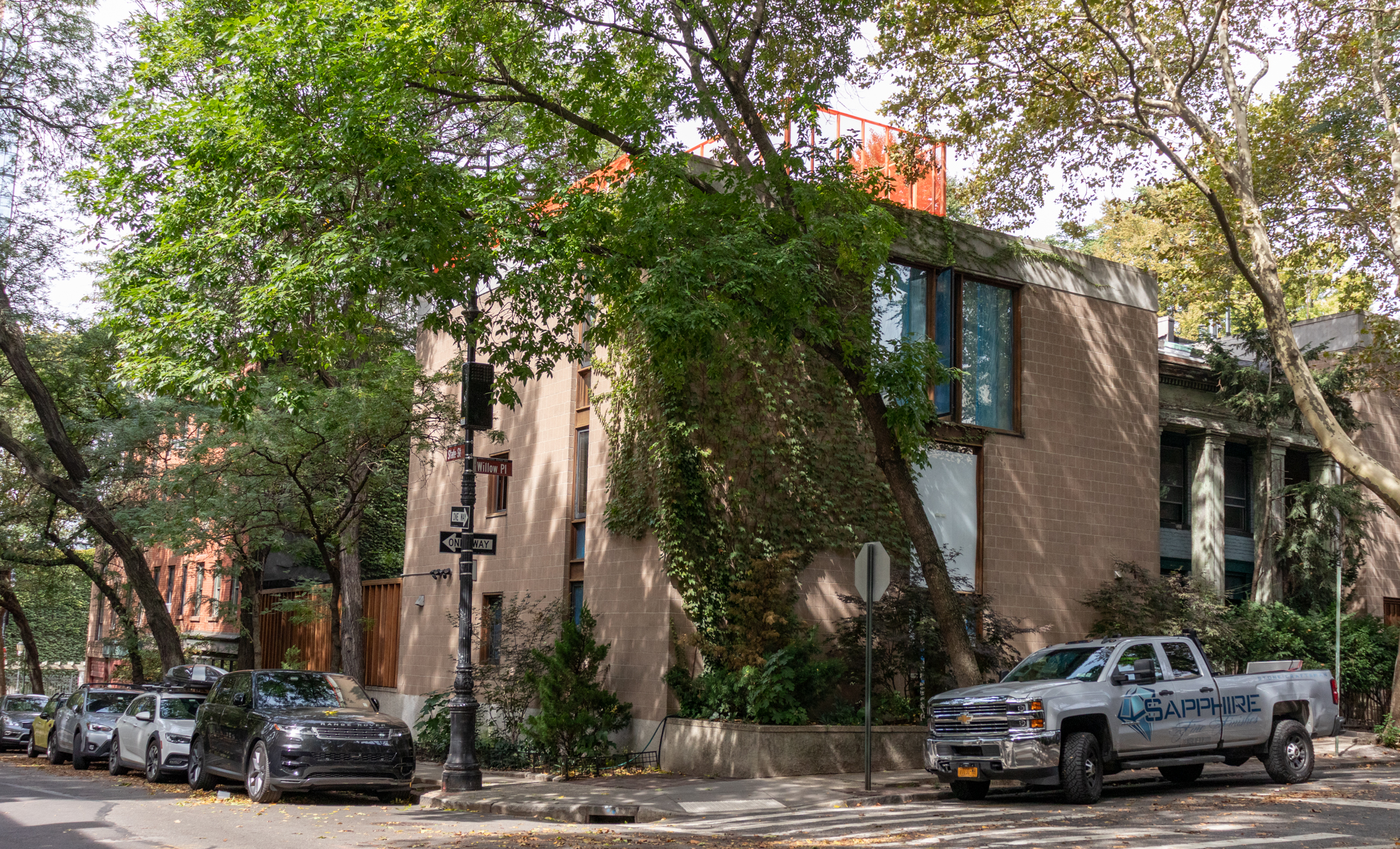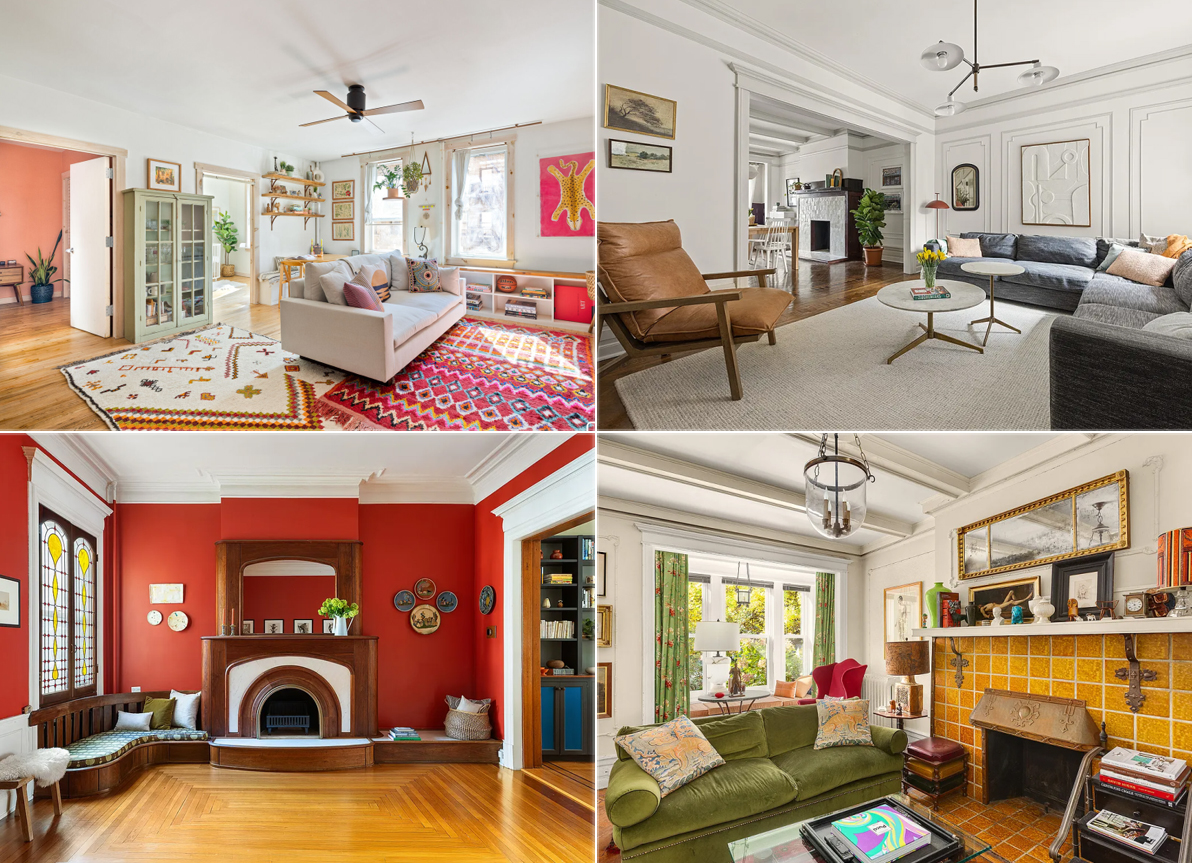Supply and Demand Falling in Lockstep
As the market has cooled, fewer transactions have occurred at the same time that the number of listings has been falling, according to this graph prepared by Miller Samuel. Presumably the former is influencing the latter, but it’s impossible to attribute causality for sure. For a larger view of the chart, click here.


As the market has cooled, fewer transactions have occurred at the same time that the number of listings has been falling, according to this graph prepared by Miller Samuel. Presumably the former is influencing the latter, but it’s impossible to attribute causality for sure. For a larger view of the chart, click here.





finance guy – wtf was that book of babble. hopefully you’re still in school.
“mopar–my mortgage/taxes are around 5G a month. if I was to rent the whole house out I could get about 6G a month, as far as I can tell.”
Exactly! So at least in your case, rents are pretty much the same as ownership costs. Let’s assume 20 percent down in general. DIBS, you do have a sweet deal, but not everyone can put down so much. I guess those who can explain the high prices in Fort Greene and Brooklyn Heights.
Well, I guess we all already knew that!
Bit of a non sequitor, FG. How would you calculate DIBS’s opportunity cost? Seems he’s paying way less on his living space than a comparable rental and investment alternatives for the principle he put in would have done worse over the same period. You got a different way of looking at it?
DIBS, if you calculate your opportunity cost as the S&P500’s returns for the last year, you made a fortune on your house.
Congratulations! At that rate, you’ll be even richer than my girlfriend got shopping at the Bloomingdale’s 50% off sale.
If she had only spent a bit more, she’d have saved so much I could retire right now.
Econ 101: “most” (potential) sellers are irrelevant. The price is determined at the margin: the most desperate seller makes a deal with the most spendthrift buyer.
In rational markets, buyers expect to be paid for the risk and hassle of homeowership, so prices drop until it is slightly cheaper to buy than to rent (enough cheaper that investors can make an immediate profit renting, even if they honestly account for their time, opportunity costs and maintenance expenses).
In bubble markets like the one just ending, buyers will pay silly prices because they plan to sell at even sillier prices. Banks become enablers, on the same theory: they don’t care if the buyer is overpaying or over-borrowing, because if the borrower can’t pay, he/she will just sell to an even sillier buyer. But when the bubble ends, those buyers and those banks rapidly disappear.
In declining markets, the bubble logic can work in reverse: you’d be crazy to pay full value (let alone double value) today when it is going to be cheaper tomorrow. So the market is just as likely to overshoot on the way down as on the way up. At some previous NY bottoms, it cost half as much to buy as to rent.
Transactions are dropping because sellers are attempting to demand more than the market clearing price. In effect, we have a sellers’ cartel. However, Econ 101 predicts that cartels usually fail. Especially when the only coordinator and enforcer of the cartel is real estate agents.
Sale price drops are now inevitable unless Obama decides to hand the entire stimulus package, no strings attached, to Manhattan investment bankers.
If you are willing to pay double fair value based on current rents — you should first ask yourself whether your seller is really the best object of your charity. Wouldn’t it be better to just give away half your money to someone deserving, and then wait 6 months to buy?
mopar–to clarify based on what DIBS is saying we put down 20%.
It depends on how much people put down. My mortgage + taxes is $2,500 and I get $1,200 for the basement apartment. I’m sure if I wanted to rent out my duplex I could get another $2,500 with the two baths, the kitchen and the deck. But my LTV was only 45% when I bought it.
Don’t even start a discussion of the opportunity cost of the downpayment. If that were in anything but Treasuries it’s be a loss.
mopar–my mortgage/taxes are around 5G a month. if I was to rent the whole house out I could get about 6G a month, as far as I can tell. Right now I am renting half of it out and getting about 3500 for it. So I guess that means in my case owning is better than renting but I am not sure.
Wasder, what I mean is, take a typical house in “prime” Brooklyn. Isn’t the mortgage typically equal to the rents? For example, hypothetically, if a house sells for $1.2 million and has three units, one of which is an owner’s duplex, the rents on each two-bedroom apartment would be $3,000/month each. The owner’s duplex mortgage payments and costs would total $6,000.
Then again, from what I see on this board, Fort Greene and Park Slope houses sell for $2 million and surely floor-throughs of whatever size there don’t rent for more than $3,000? So maybe not.